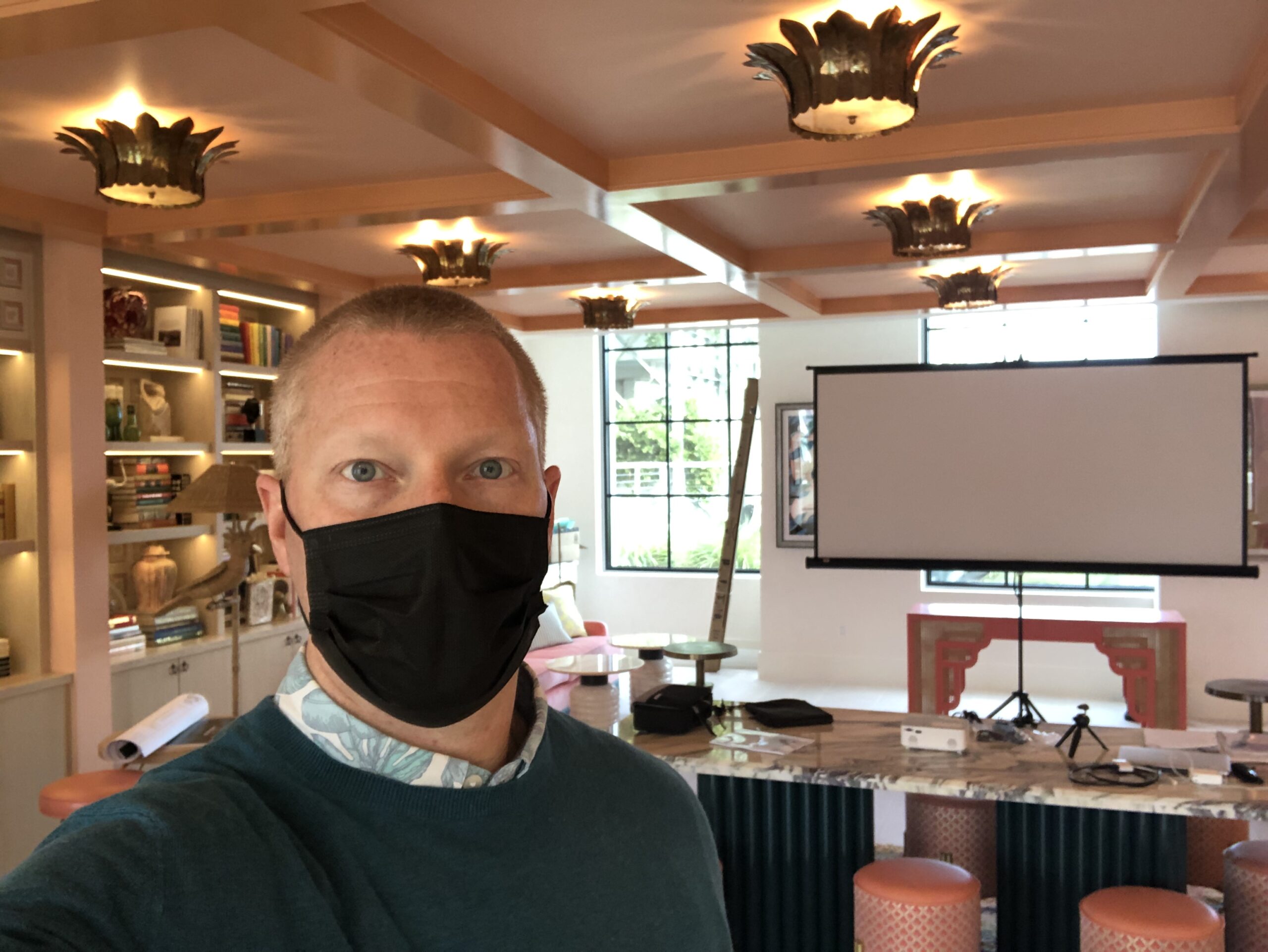How Every Great Coach Approaches Goal Setting
We often get downstream about a mile and a half on a project, an initiative, a meeting, or a task, and then we feel lost.
You’ve put in the time, effort, and thought, yet have become frustrated with the lack of results or progress. Often our teams do the same. Too frequently it’s not until the business results come in south of expectations and senior executives put everyone on tilt with their memos, questions, and phone calls that we finally sit down and build a plan. At that point, it’s too late. We’ve missed the boat altogether.
Great leaders and those who lead with hospitality anticipate this dynamic and plan for it.
Strategically.
The first step in planning is setting SMART goals; goals which are specific, measurable, achievable, relevant, and time bound. The “SMART” part is old school, originally introduced in a November 1981 issue of Management Review in a paper, written by George T. Doran called “There’s a S.M.A.R.T. way to write management’s goals and objectives.”3 I’m all for fresh, new, and cutting edge, but let’s face it, unless it’s broken, don’t fix it.
They may have heard about SMART goals before. Some may even have goals, in general, already. However, as sad as it is, it’s highly unlikely they’ve ever had a leader sit down, engage in dialogue, and help them discover what they truly want to accomplish, personally and professionally.
Chances are, no leader has ever taught them how to think differently about situations, ultimately helping them set clear goals, which become roadmaps for successful lives and careers. You’ll be that leader, helping them to establish their own SMART goals. Some goals will be for growing the business, both quantitatively and qualitatively. Others will be centered around a person’s self-growth.
For instance, “Increase our sales conversion by 20 percent by the end of the third Quarter,” is a very quantitative SMART goal. A qualitative SMART goal may be something like, “Commit to planning and executing a team-builder per quarter for the entire year and next year.” Other goals may be for their personal growth. For example, “Ensure every team member enrolls in and completes one Leadership Development online training course per month, for all of Q4.”
Bringing it all together:
Help your team by spending time, one on one with each person; helping them set SMART goals.
Make sure they are:
- Specific – laser focused and tied directly to brining the overarching vision to life
- Measurable – clear metrics – facts, figures, percentages – to measure success
- Achievable – lofty enough for a challenge, but not unreasonable
- Relevant – aligned with the strategy, vision, and direction the organization is going
- Time-bound – due dates for when the goals will be achieved
Have a great day.
PS – Leading with hospitality means taking it upon yourself to be a leader who emotionally connects with others, strives for self-mastery, serves, coaches, and inspires. Download my free field guide to learn how.




